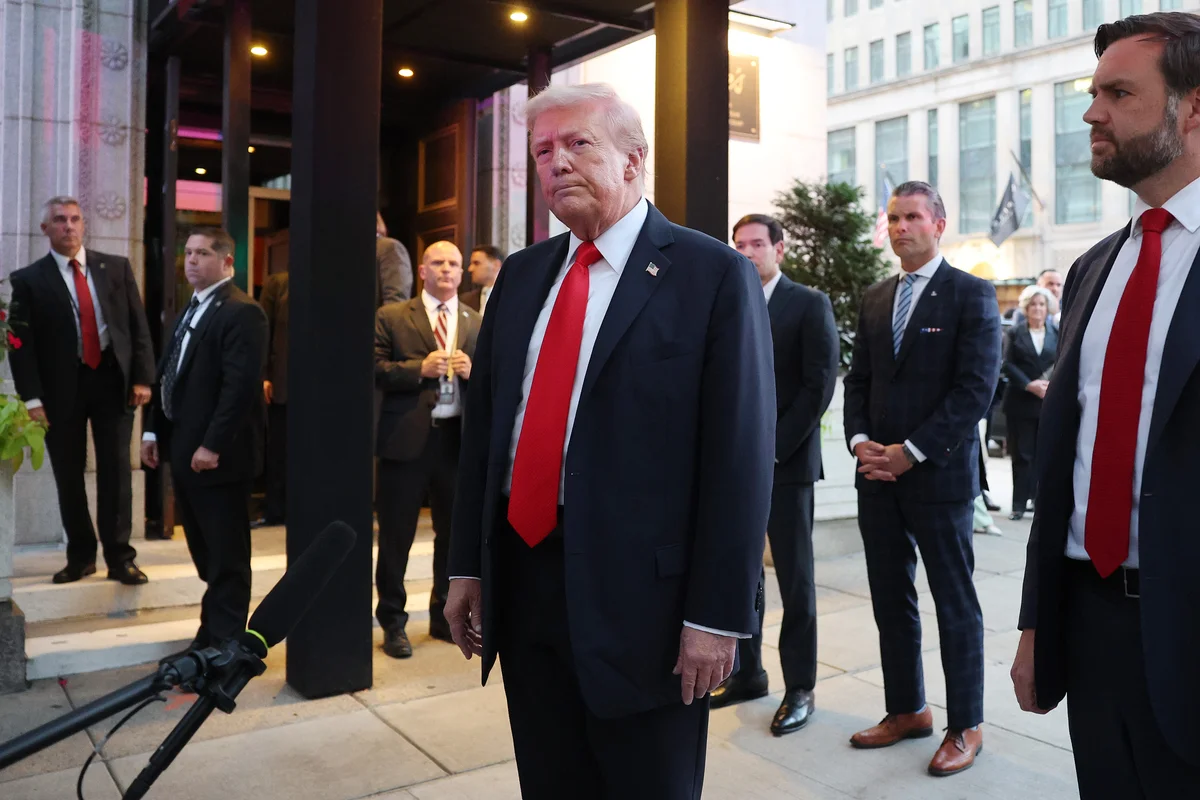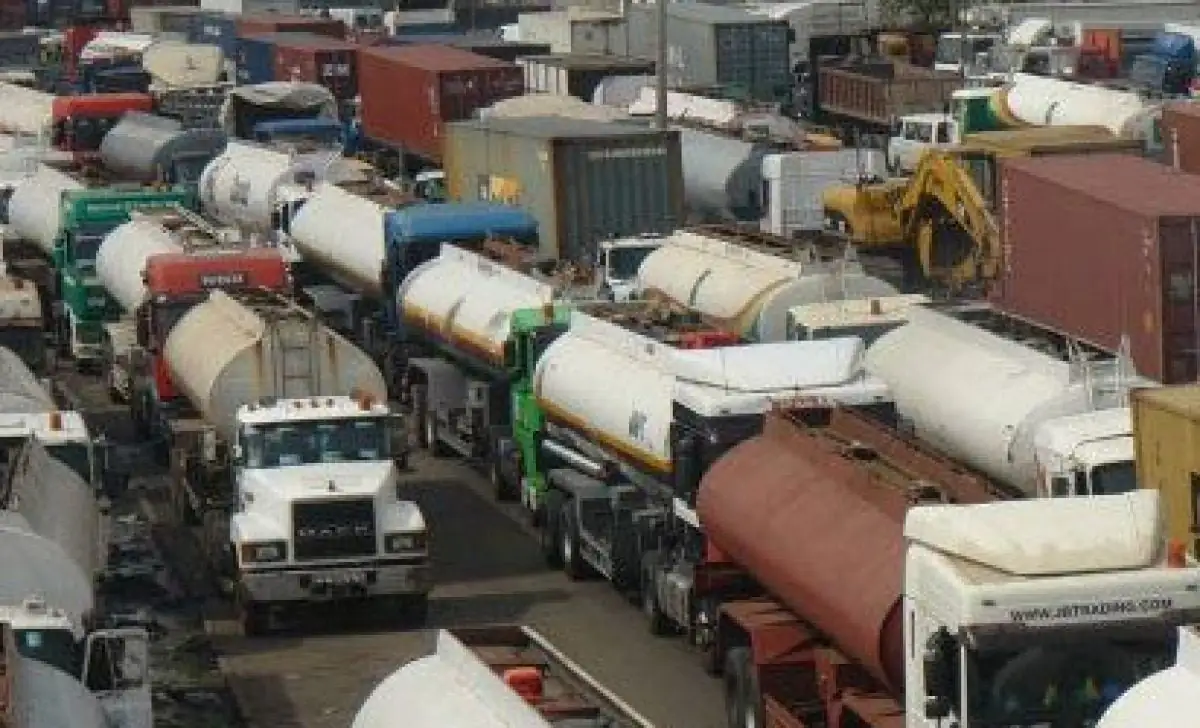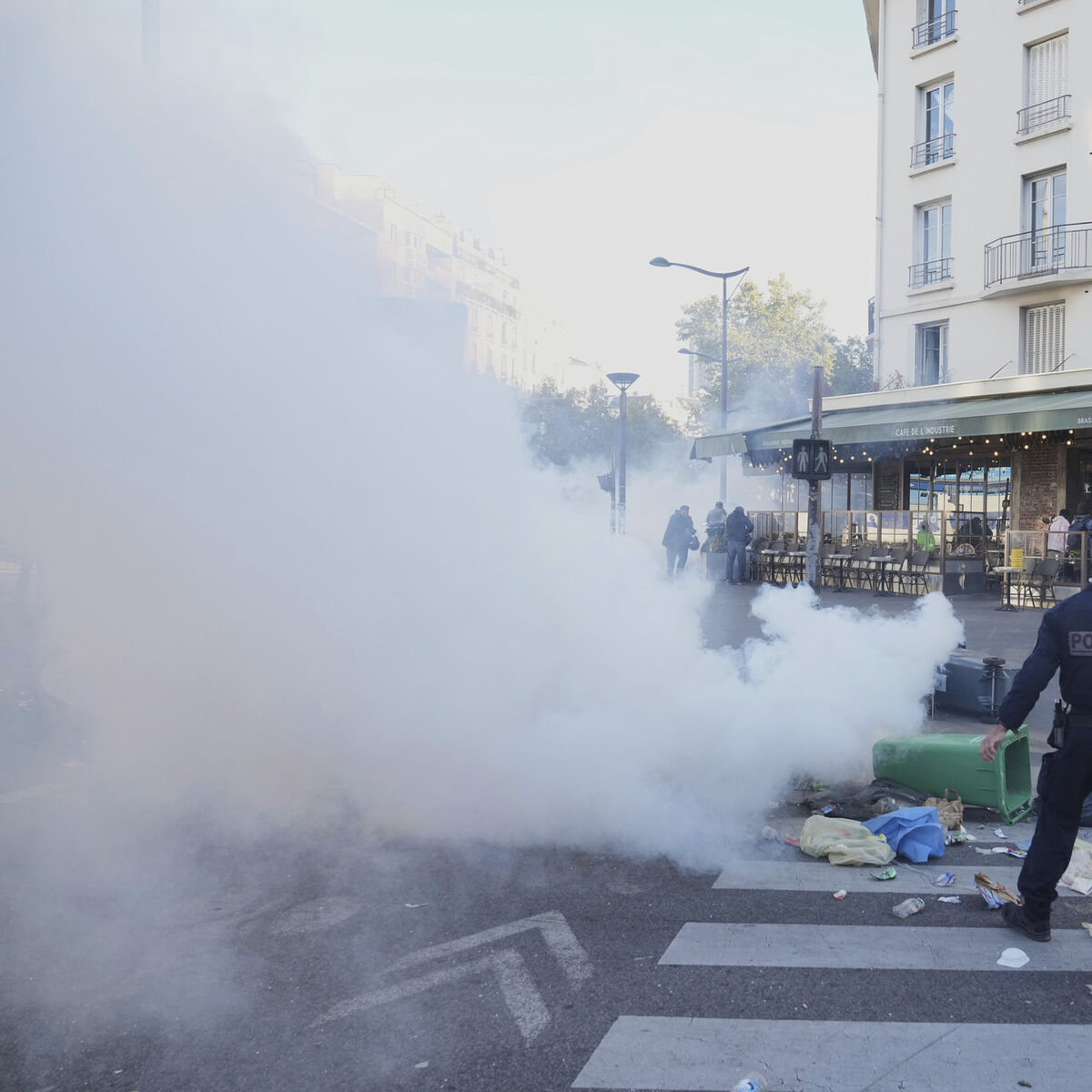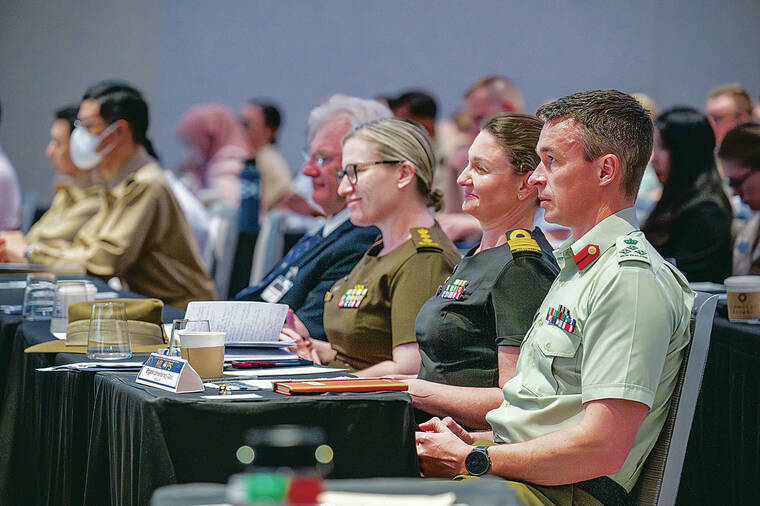By KNEWS
Copyright kaieteurnewsonline

Starting out on the wrong foot
Sep 10, 2025
Features / Columnists, Peeping Tom
President Irfaan Ali has once again saddled the country with Bharrat Jagdeo, a man whose political career stands as a monument to the failure of neo-liberal economics in its most corrosive form. Ali’s choice reeks not of vision. It has the smell and touch of obligation and loyalty to a political relic.
But one can understand Ali’s instinct to cling to the familiar. Politicians, like drowning men, reach for whatever driftwood floats nearest. But it is precisely this reflex—the elevation of habit over imagination that condemns Guyana to the same endless cycle of an economy that has produced little more than poverty dressed in statistical finery.
Jagdeo, for all the grandiose plaudits attached to his name, cannot be the future of the People’s Progressive Party, much less the country. His years in office serve as a cautionary tale, not a blueprint.
Under his watch, Guyana was an economic patient on life support, so comatose that even the IMF—the grand doctor of debtors—felt compelled to ask why the treatment was failing. In the sterile prose of the Fund, Guyana’s growth between 1998 and 2004 fell to 0.6 percent, “radically different” from other countries that had drunk the same bitter medicine of liberalization. Translated into human terms Jagdeo’s tenure translated to stagnation, unemployment, and the quiet exodus of a people losing faith in their homeland.
The irony of Jagdeo’s legacy lies in its camouflage. Growth had taken off in the early 1990s after Guyana abandoned the socialist experiment for the market. Privatizations brought a surge, capital flowed, and Guyana, briefly, seemed poised for resurrection. But then came Jagdeo, disciple of neo-liberalism. The result was a deceleration so sharp, it could be mistaken for sabotage.
That the wreckage was partially obscured by the rebasing of the economy, after 2006, is no vindication. Rebasing is an accountant’s sleight of hand, not an engine of growth. The substance remained the same. It was one of stagnation masquerading as stability.
This is the ghost that now haunts Ali’s second term. He has a Vice President schooled in the art of mistaking compliance for competence, of confusing the dictates of Washington institutions with the needs of Guyanese citizens. The danger is not that Jagdeo will fail anew – failure is already written into his destiny. The danger is that Ali will allow him to frame economic management in the same tired script, one that makes the underclass invisible until Election Day.
The 2025 elections, with their shock and aftershocks, delivered a blunt message. The oil boom, the much-vaunted tide that was supposed to lift all boats, has left the working classes stranded on the mud flats. The wealth gushes upward, sluicing into the pockets of contractors, consultants, and foreign corporations, while those below must content themselves with promises. If Ali cannot read this message, if he interprets his victory as a success of his policies, then he is destined to repeat the fate of his mentor, Jagdeo.
Neo-liberal economics, in its Guyanese edition, has always been a polite form of dispossession. It creates numbers to soothe the multilateral lenders—GDP growth, foreign direct investment, debt sustainability ratios—while leaving the society itself in tatters. Roads are built, yes, but the traffic is poverty on foot. Schools are painted, but the students cannot read. Hospitals are upgraded, but the beds are occupied by the preventable sick. The poor, promised inclusion, receive instead the trickle of charity.
Ali, by retaining Jagdeo and, most likely, the same neo-liberal economic team, ensures that the script will not change. The foreign lenders, including the IMF and World Bank will continue to write the policy prescriptions; local economic elites will nod approvingly, their pockets already bulging; and the cycle of alienation will grind on. To imagine a different outcome from the same architects is to confuse hope with delusion.
The tragedy here is not simply political but historical. Guyana, for once in its postcolonial life, has the resources to chart a different course. Oil wealth provides the State with fiscal breathing room. It could experiment, invest in social infrastructure, build buffers against inequality, and insulate itself from the tyranny of foreign dictates. Instead, it seems content to hand the keys back to the same driver who once steered it into the ditch.
Jagdeo’s economic vision, if one can call it that, is a vision of tethering. The country is tied, securely and indefinitely, to external creditors and their perpetual demands for austerity, liberalisation and investor confidence. That this formula failed spectacularly during his presidency is treated not as evidence but as inconvenience.
President Ali may believe that continuity signals stability, that Jagdeo’s presence guarantees the party the harmony he craves. But stability built on stagnation is a coffin with fresh paint. Ali’s successor, whoever that unfortunate soul may be, will inherit an economy that looks impressive in headlines but brittle in reality, a basket designed to fetch water. And like in 2015, when the poor turned against the PPP for its failure to deliver, history will exact its revenge with cold efficiency.
(The views expressed in this article are those of the author and do not necessarily reflect the opinions of this newspaper.)
Bharrat Jagdeo, neo-liberal economics, Peeping Tom, President Irfaan Ali, wrong foot



